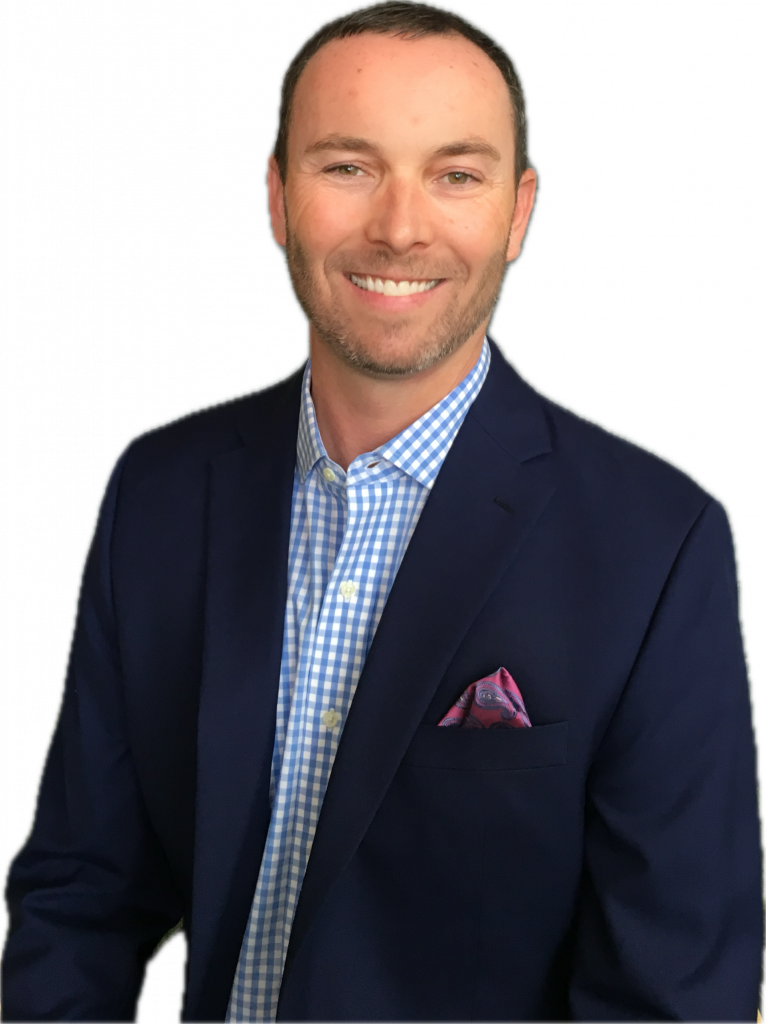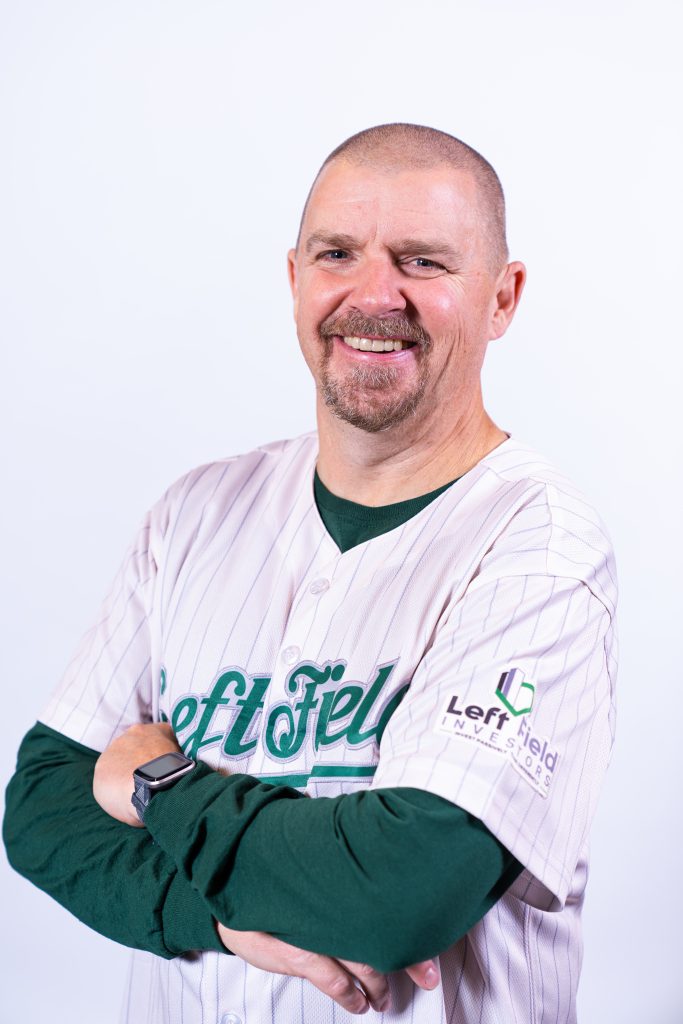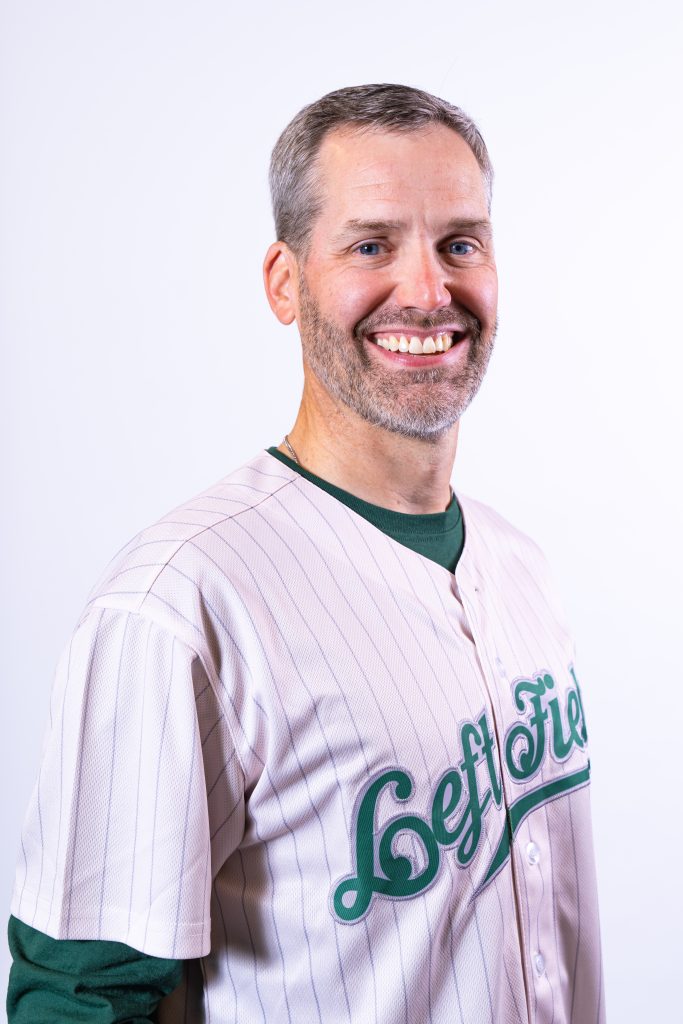I recently
re-read Rich Dad Poor Dad, one of the
top-selling personal finance books of all time and probably the one book that most real estate investors have credited with
kickstarting their journey. Ironically, most of the
book doesn’t discuss how to make money in real estate. However, most devotees
do acknowledge that this book helped change their mindset about their finances
and investing philosophy. Here are some timeless lessons from this classic book
that will give you more confidence investing in real assets that produce real
cash flow and wealth.
1. Become financially
literate
Over twenty
years ago, Robert Kiyosaki wrote a brochure as a marketing piece for his
financial education board game, CASHFLOW 101. What many
people do not know is that this brochure became the basis for the Rich Dad Poor Dad book. Robert is
adamant that people need more financial education, especially in our schools.
He has been an outspoken proponent for changing our education system so that
children can have the opportunity to become financially literate.
The rich
understand the difference between an asset and a liability. In simple terms, an
asset puts money into your pocket while a liability takes money out of it.
Therefore, the rich become richer because they acquire assets while others acquire liabilities. Having large amounts of
consumer debt will make it difficult for anyone to gain wealth. On the other
hand, using “good” debt (i.e. leverage) to purchase cash flowing rental properties will add value to your asset column.
Capital
preservation should be of utmost importance to increase your wealth. Left Field
investors know that hard assets such as apartment buildings or self-storage
facilities will most likely retain
their values in addition to pumping out regular distributions. Forced
appreciation will add to their values
when sold because of the increased net operating income. Buying publicly traded
stocks is a bit riskier because of the ups and downs of the Wall Street roller
coaster.
2. Don’t work for money. Make
money work for you.
Left Field
Investors wholeheartedly agree with these statements. Warren Buffett famously
said, “If you don’t find a way to make money while you sleep, you will work
until you die.” There are only so many hours in a day that you can work. While
not everyone can quit their jobs, at least you can invest and re-invest your
money into cash flowing assets to grow your “snowball”. Commercial real
estate is a great vehicle for making you money from
appreciation, depreciation, and cash flow.
3. Choose friends carefully:
the power of association
Real estate
investing is a relationship business. At Left Field Investors, we preach
networking. Talking with people who have experience in the passive investing
world will cut down your learning curve greatly. Jim Rohn said, “You are the
average of the five people you spend the most time with.” When Infielders are asked
which of the membership tools is the most valuable, they universally respond
that it is our private forum where we discuss sponsors, deals, tax strategies,
and all things passive. Even though I am one of the founders of this group, I
find that I am learning new things every day by getting involved in these
discussions.
Connect with
like-minded investors. Call up sponsors and ask them questions about their
business model and where they think the next burgeoning market is. There are
also plenty of Facebook groups dedicated to passive investing. You never know
who will help you discover a great tax idea or introduce you to a fantastic
sponsor. Network, network, network! I believe we have one of the best passive
investing communities at Left Field
Investors, so get off the bench!
4. Master a formula and then
learn a new one: the power of learning quickly
There are
plenty of ways to learn about passive investing: books, our podcast, other podcasts, syndicator websites, and forums. As mentioned above, the
Infield membership includes several tools to help you compress time frames and
to give you confidence when investing. The LFI Sponsor
Summary sheet gives you detailed
information on dozens of syndicators. Many of our members have talked with
these sponsors so we have been able to compile this data into one spreadsheet.
The LFI Sponsor
Screener will give you key questions
to ask when you interview syndicators. The LFI Deal
Analyzer will help you vet specific
deals and will light up any cells red if the metrics are not within the target
range.
Most passive
investors consider multifamily properties to be the “bread and butter” of
syndications because of their good cash-on-cash returns and great ability to
take advantage of bonus depreciation. But don’t limit yourself to one type of
asset. Since real estate is also
affected by economic cycles, know which asset types are more resistant to
downturns. Left Fielders believe that you should diversify by asset type, by
asset class, by sponsor, by geography, and even by time frame. If you invest in
stocks, you would not put all of your money into one sector, like health care
companies. The wise adage of “Don’t put all your eggs in one basket” cannot be
truer in the passive investing world. Follow the advice of Rich Dad Poor Dad and keep on learning.
5. Pay your “brokers” well:
the power of good advice
In this section
of his book, Kiyosaki was referring to real estate brokers. If you are looking
to invest in properties directly, a broker can give you access to great
off-market deals. The “brokers” in the passive investing ecosystem include
sponsors, property managers, and CPAs. Don’t skimp on these vital team members.
You will see
variances in syndication fees for acquisition, asset management, property
management, and other fees. Of course, you have to assess these fees carefully,
but don’t discount a syndicator simply because their acquisition fee is 2% vs.
another’s 1%. You have to consider their experience and track record. Some
operators who have been doing this for decades may have higher fees than those
who only have three deals under their belt and none that have gone full cycle.
The ones who have the great track record should be able to command higher fees
and GP-friendly partnership splits. As long as you are happy with the investor
pro forma returns, you should not dwell too much on their fees. Of course, you
need to fully vet the sponsor, the deal, and the location before wiring over
your money.
Property
management is a key aspect of commercial real estate. An excellent property
management group can save an asset that has unforeseen issues while an
inexperienced team that does not run a tight ship can sink a deal that should
have been a winner. If the sponsor is using third-party management, you should
vet them as well.
Taxes are the biggest personal expense for most people. A CPA with
lots of experience in real estate can save you tens of thousands of dollars or
more. If you are searching for a new tax accountant, vet them like you would a
syndicator. Let them give you examples of how they can save you money every
year as a real estate investor. But don’t just depend on their expertise. Learn
how the tax code can work in your favor so you can ask intelligent questions. Tax-Free Wealth by Tom
Wheelwright is the best book I have read that talks about saving on taxes. The Wealthability Show and The Real Estate CPA are great
podcasts for furthering your knowledge about taxes.
6. The power of getting
something for nothing
“How fast do I
get my money back?” Left Fielders are always asking this question because they
understand the time-value of money. A dollar is worth more now than a dollar is
in the future. If you get your capital back faster, you can re-invest it into
something else while still making money in the first investment. Having
consistent cash flow and/or a cash-out refinance of the loan are ways that
syndications can put money back into your pocket before the asset is even sold.
In contrast, buying a stock that does not give out dividends is a hope-and-pray
strategy.
One other
powerful way limited partners can get substantial amounts of their money back
quickly is through the power of bonus
depreciation. With this strategy,
depreciation that is normally taken at five, seven, or fifteen years, may be
accelerated to year one! Many Left Fielders have received 80%, 90% or even over
100% bonus depreciation on their K-1s from apartment syndications. If you invested
$50,000 into a deal and received 80% depreciation from it this year, that could
shelter $40,000 of passive income and give you back $14,000 in 2021 if you are
in the 35% tax bracket. That is the equivalent of a 28% cash-on-cash return in
the first year! Of course, since depreciation gives you a passive loss, this
can only offset passive gains. Ask your CPA how this powerful tax strategy can
work for you.
7. Teach and you shall
receive: the power of giving
Although I have
been with Left Field Investors since its inception, I have probably gained more
from our network than I have given to it. When you find success from your
vetting techniques or learn new information about sponsors or new markets,
please share what you know. It’s great to see all the support and sharing of
knowledge that is going on every day in the Infield Forum. However, it does not
have to be limited to our group. Talk with your family and friends about the
merits of passive investing. Spread the word in your local REIA groups. I
guarantee that most of the attendees know very little about syndication
investing. In fact, our group began as an offshoot of a local REIA. Being a
giving person by teaching others can only make you a better investor.
8. Overcome fear, cynicism,
laziness, bad habits, and arrogance
The author
spends an entire chapter on these obstacles. Even the financially literate may
have to face these roadblocks when changing their investing philosophy. Your
family and friends may become your biggest naysayers because they may only be
familiar with the traditional stocks, bonds, and mutual funds. As long as you
educate yourself, you should have confidence to pursue passive investments. Get
involved with Left Field Investors or, better yet, the Infield. We think
outside of the box, and members of our community can be some of your best
supporters.
9. Know your why
Even though
this statement may sound cliché nowadays, this was the first book that I read
that talked about your “why”. In the book, this section is actually titled
“Find a reason greater than reality: the power of spirit”. Around 2008, my wife
and I enrolled in a weekend Rich Dad seminar. This course introduced us to all
the different aspects of active real estate investing – much of this material
was new to me. During the last session of the last day, we all got up to tell
the rest of the group “why” we wanted to take this journey into real estate
investing. As you can imagine, many of us became emotional during our
testimonials because we talked about our families and our individual
situations. Having a “why” (or several “whys”) can be so powerful and be the
driving force for you to investigate passive investing if you have not already.
What is your “why” for passive investing?
Conclusion
Rich Dad Poor Dad was a
pioneering book that continues to shift readers’ attitudes toward money and
investing. I know that many of you may have read it years ago. I encourage you
to read it again because it may have a different impact on you especially if
you view it through the Left Field Investor lens. More importantly, get
involved with a community like ours. Six of the nine Rich Dad lessons that I
wrote about deal either directly or indirectly with growing your network. Now
is the time to get in the game!
Steve Suh is an ophthalmologist and is one of the founders of Left Field Investors. After owning a few small residential rentals and seeing that it was not easily scalable, he transitioned to the world of passive investing in commercial real estate syndications. He enjoys learning and talking about real estate and hopes to educate more people about the merits of passive investing. You can contact him at [email protected].
Nothing on this website should be considered financial advice. Investing involves risks which you assume. It is your duty to do your own due diligence. Read all documents and agreements before signing or investing in anything. It is your duty to consult with your own legal, financial and tax advisors regarding any investment.








